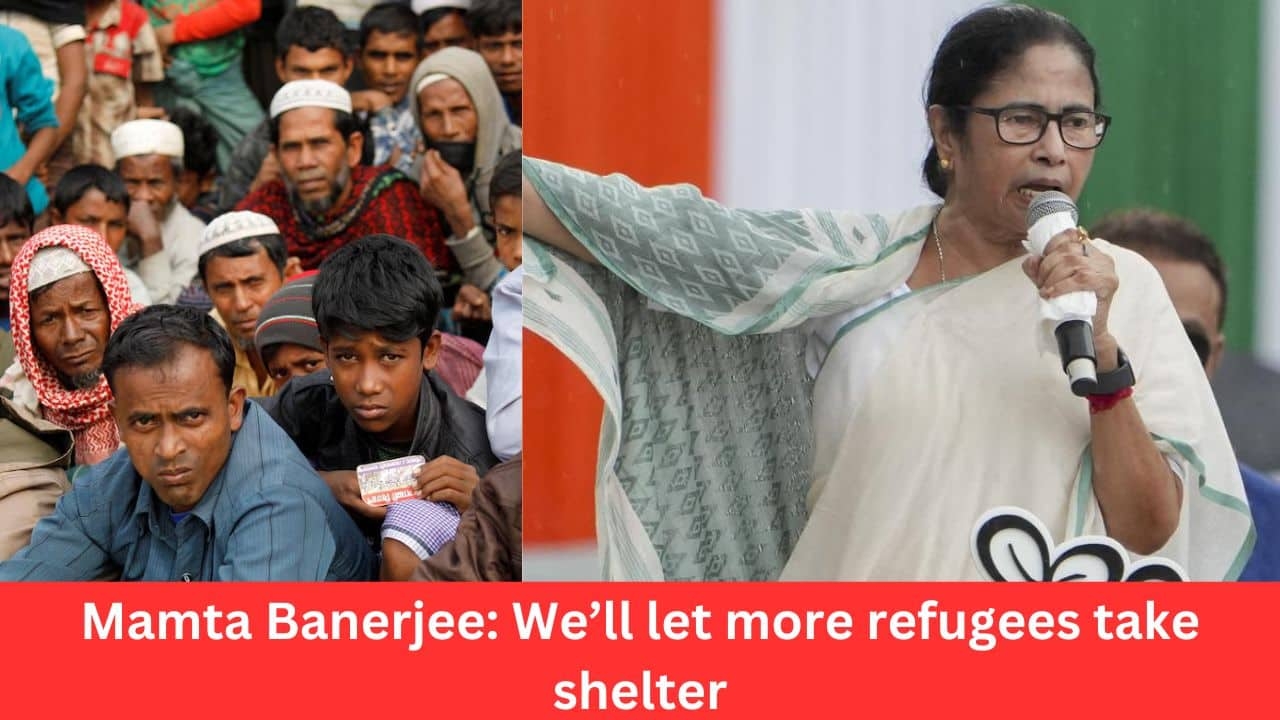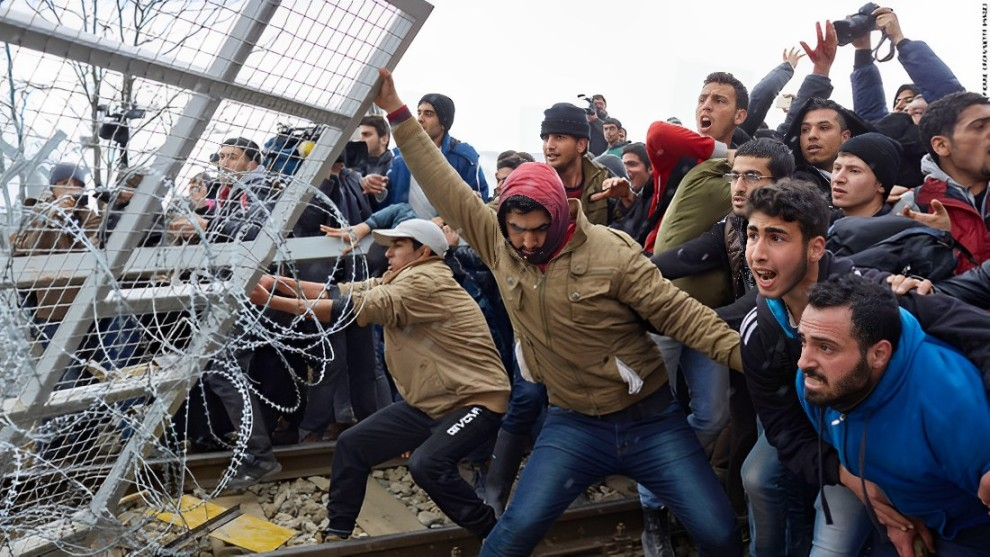Mamata Banerjee's Unpopular Refuge Policy Will Haunt Her For Long
22 Jul 2024 00:35:54

West Bengal Chief Minister Mamata Banerjee has created a sensation, saying that her state is ready to give shelter to Bangladeshi refugees fleeing violence in a terrorised situation. Speaking at her party's Trinamool Congress’ annual Martyrs' Day rally in Kolkata, she said, "If powerless people seek shelter on Bengal's doors, then we will definitely give them refuge. But the prospect of an increase in refugees, mostly from Muslim-majority Bangladesh, raises big red flags.
Europe's Overcrowding and Cultural Disruption Warning Signs
The EU's refugee policies are a warning example to the world about why countries should not tout their open-door policy too loudly. In the past decade, European countries have been struggling with the consequences of refugees arriving from the Middle East and some African states. The initial German, Swedish, and French invitations to refugees have begun backfiring in these countries through profound social-economic changes as well as on the cultural field.

In addition, the flow of refugees has overloaded public services and increased crime rates while establishing communities that refuse to coalesce into the host nation's cultural and social fabric. In several cities, there are now “no-go zones” where local laws and customs are overshadowed by those of the refugee population. The original promise of multicultural enrichment has, in many cases, turned into a nightmare of societal division and unrest.
West Bengal: A State Already Struggling
In West Bengal, whose politics were changed by Mamata Banerjee in 2011 when she ended three decades of communist rule there, Muslim refugees from Bangladesh are already flooding the state and altering its demographics tremendously. Its resources, from healthcare and education to housing, are struggling even further under the weight of its ever-increasing population. The decision to accept more refugees will only exacerbate these issues, leading to further overcrowding and strain on the state's infrastructure.
Furthermore, the cultural and social structure of West Bengal is being torn apart. The humanitarian crisis delivered a refugee population, which is already changing the demographic structure in several districts and causing frictions with local inhabitants. Adding more refugees to this explosive mix will quickly lead to even greater turmoil and hostility.
The Dangerous Path Towards a "Mini-Pakistan"
Critics, of course, counter that Mamata Banerjee's refugee policy is nothing but a well-calculated political move in the context of consolidating her vote bank and not an honest humanitarian effort. BJP MP Saumitra Khan also accused Banerjee of trying to transform West Bengal into a "Greater Bangladesh," an idea that strikes chords with the sentiments expressed by many well-wishers. But this fear is not unduly, and Banerjee runs the risk of turning West Bengal into a de facto "Mini-Pakistan" by inflating Muslim numbers in India across states.
“If such a transformation occurred, this would be quite consequential. An increase in the refugee population, which is largely a Muslim community, can change the politics and culture of the state, where identity would be void along with the value set that defines West Bengal. This could trigger more communal tension and take away the very secular fabric that is key to the ethos of the state, which they have preserved.”
Security Concerns and National Interests
A related part of this argument is national security. The porous border between the Indian state of West Bengal and Bangladesh has for centuries facilitated illegal immigration and smuggling. Growing the refugee population with trumped-up borders contributes significantly to illegal behaviour, posing a huge national security risk.
Of course, there will be some radical elements among the refugee population as well. These include the mass movements of people fleeing conflicts that have enabled terrorist groups to infiltrate host countries, as demonstrated by devastating attacks in Europe. These risks are far too serious to be neglected by India, especially in a strategically key state like West Bengal.
Conclusion: A Call for Rational Policy
Mamata Banerjee’s decision to welcome more refugees into West Bengal is fraught with peril. While the humanitarian impulse to help those in distress is commendable, it must be balanced with practical considerations of resource availability, social cohesion, and national security. The lessons from Europe are clear: unrestrained refugee policies can lead to severe socio-economic and cultural disruptions.
West Bengal is already grappling with the challenges posed by an existing refugee population. Adding to this burden is not just imprudent; it is potentially catastrophic. It is imperative that the state and national governments work together to develop a coherent and rational refugee policy that safeguards the interests of Indian citizens while fulfilling humanitarian obligations in a controlled and sustainable manner.
In the words of Saumitra Khan, "We know why Mamata Banerjee did not want to allow CAA in West Bengal, her vote bank will dip. And BJP is clear, we will not allow Rohingyas in the country till we are alive." This sentiment reflects a growing unease among the population, a sentiment that should not be ignored if we are to maintain the integrity and stability of our nation.
Article by
Shomen Chandra
Sub Editor, The Narrative